An Education in Kittens
“Is it hard to give them back?” That’s almost always the first question I am asked when someone learns that I foster cats and kittens for our local Heritage Humane Society. Of course it is hard to say goodbye to faces like this, but it is also right. Hard but right is one of the phrases I picked up from my colleague, Kelly Crace, who teaches our campus about how to practice authenticity and chose things that are hard but right for our lives. For me, fostering is absolutely that.
I h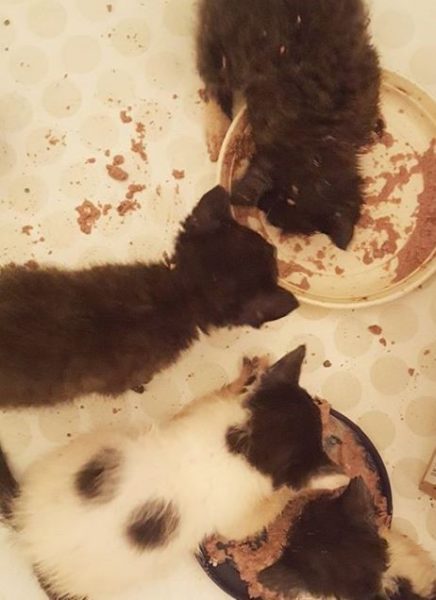 ave been a foster cat-mom since I was sixteen, and in 2017 alone, I had 17 kittens and cats come through my home. Most often I take on a mom-cat with very young kittens or little ones who need to get a healthy immune system before heading to the shelter.
ave been a foster cat-mom since I was sixteen, and in 2017 alone, I had 17 kittens and cats come through my home. Most often I take on a mom-cat with very young kittens or little ones who need to get a healthy immune system before heading to the shelter.
Yes, much of fostering is cuddling, but there is also quite a bit of work involved. First and foremost, kittens are MESSY.
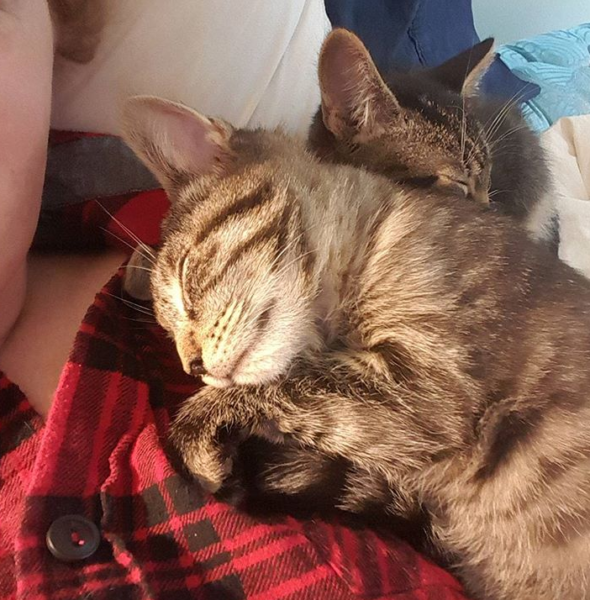
It takes them a while to learn that eating doesn’t have to be a whole body experience and that the litter box should be a consistent part of their lives. It is not uncommon for them to get sick which means giving medicine, bottle feeding, and trips to the vet. Even when they are healthy, some cats come to me because they lack good social skills and are terrified of humans. That leads to hours of sitting quietly on the floor while a creature I desperately want to cuddle stares icily out from under the bed. But from that hard comes the right. With patience, that frosty feline slowly decides that I am their favorite spot for a nap and that grumpy cat turns into a total hugger.
One of the best and hardest foster experiences I had was raising Doc. Doc came to me with his mom and litter-mates, all of whom had a very common upper respiratory infection. While the rest of his family got better, Doc kept getting worse. The infection meant that he couldn’t maintain his body temperature, both of his eyes swelled shut, and he was too congested to nurse. Watching Doc struggle was one of the most heart-wrenching experiences I have had, but thankfully, I wasn’t in it alone. The amazing shelter medical coordinator was determined that Doc would make it. She took Doc home, tube-feeding him every few hours and even carrying him around in her bag to keep him warm and with her at all times. Doc came back into my care a week later and slowly began to improve.
Doc never regained the use of his right eye, but that didn’t stop him from getting into endless adventures. He had a particular love of jumping into dishwashers and refrigerators which never ceased to make me nervous.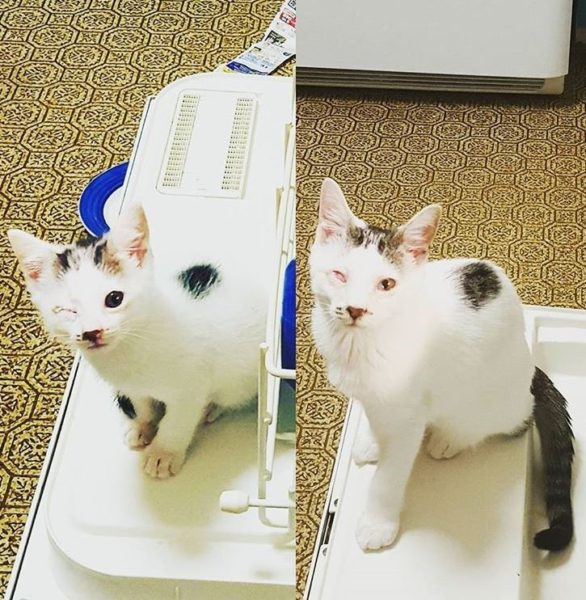
After four months together, it was time for the hard but right thing of giving Doc back. Luckily, one of my former students adopted Doc, so I get regular updates on how much joy they bring to each other.
And that’s the number one reason that the hard part of fostering is absolutely right. I get to help animals find their forever homes. One of the most important constants when I moved around as a kid was my cat, Red. He was my secret keeper, guardian, and a real lover of Parmesan cheese. The skills I have in patience, snuggling, and unending love for animals, I learned first from him. Every time I bring a foster back to the humane society, I think of Red because even though it is hard, I know I am helping someone find their animal best friend.
that’s the number one reason that the hard part of fostering is absolutely right. I get to help animals find their forever homes. One of the most important constants when I moved around as a kid was my cat, Red. He was my secret keeper, guardian, and a real lover of Parmesan cheese. The skills I have in patience, snuggling, and unending love for animals, I learned first from him. Every time I bring a foster back to the humane society, I think of Red because even though it is hard, I know I am helping someone find their animal best friend.
To make sure this post is not just an excuse for cute kitten pictures, here are few lesson I’ve learned from fostering.
- Hard but right matters.
- Patience. Patience. And sometimes a bit of mopping.
- You don’t have to do the hard parts alone.
- Bottle-fed kittens are lovable brats.
One more just because…
Comments are currently closed. Comments are closed on all posts older than one year, and for those in our archive.

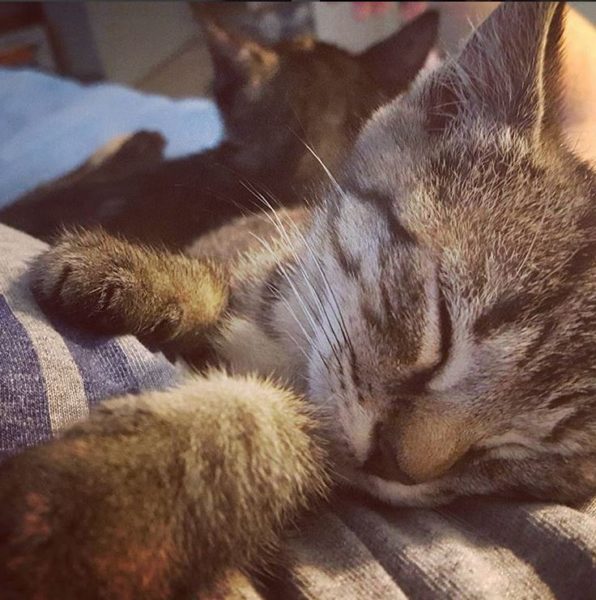
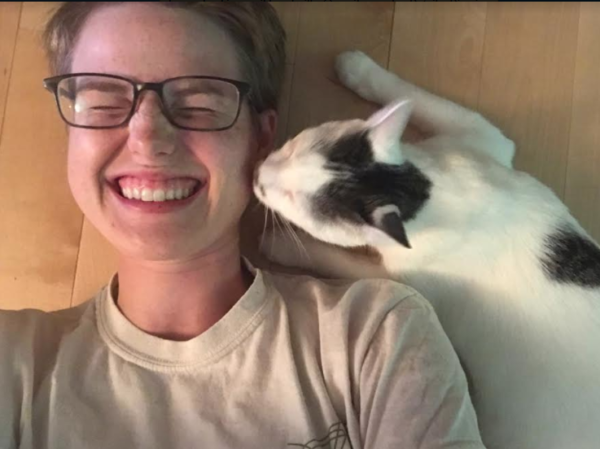
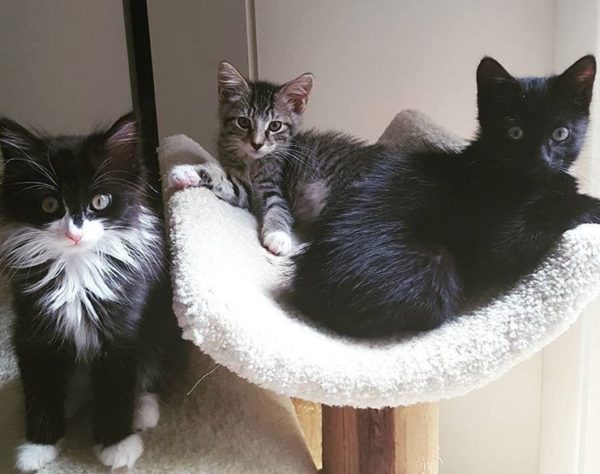



What a great story, Elizabeth. Thank you for fostering all these momma cats and their babies.